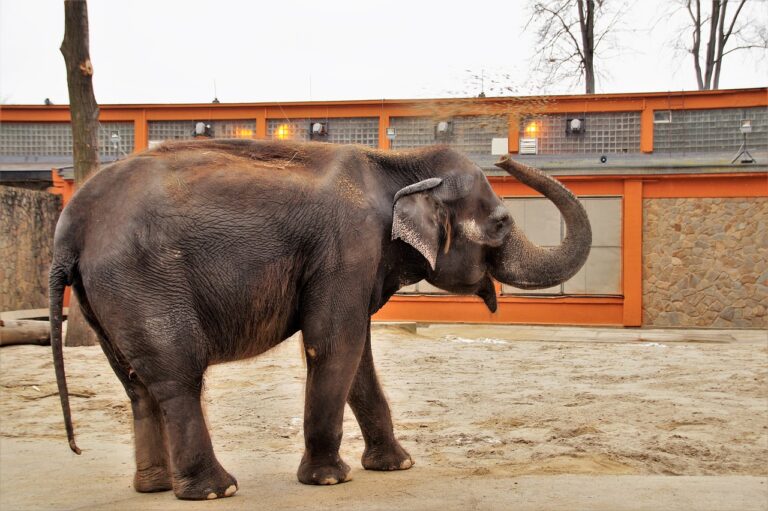Assessing the Role of Political Action Committees in Influencing Policy Agendas
Political Action Committees (PACs) play a crucial role in shaping the landscape of American politics. These entities serve as vehicles for individuals, corporations, and interest groups to pool their resources and support candidates who align with their ideological beliefs or policy goals. By raising funds and making contributions to political campaigns, PACs have the ability to amplify the voices of their donors and influence the outcome of elections.
One of the key functions of PACs is to provide financial support to candidates who share their interests. This financial backing can be instrumental in helping a candidate build name recognition, run effective campaign advertisements, and mobilize supporters. In this way, PACs can play a critical role in determining which candidates are able to compete successfully in the political arena and ultimately win elected office.
• PACs serve as vehicles for individuals, corporations, and interest groups to pool their resources
• They support candidates who align with their ideological beliefs or policy goals
• By raising funds and making contributions to political campaigns, PACs amplify the voices of their donors
• PACs influence the outcome of elections by providing financial support to candidates
• Financial backing from PACs helps candidates build name recognition, run effective campaign advertisements, and mobilize supporters
History and Evolution of Political Action Committees
Political Action Committees (PACs) have a long history in American politics. The concept of PACs can be traced back to 1944 when the Congress of Industrial Organizations (CIO) formed the first PAC to support the reelection of President Franklin D. Roosevelt. This marked the beginning of a new era in campaign financing, where organizations and individuals could pool their resources to influence political outcomes.
In the decades that followed, PACs gained popularity and became powerful players in political campaigns. The 1970s saw significant growth in the number of PACs as various interest groups and corporations established their own committees to channel funds to candidates who aligned with their interests. This period also witnessed the passage of the Federal Election Campaign Act in 1971, which regulated the activities of PACs and required public disclosure of their finances. The evolution of PACs continued as they emerged as key players in shaping political landscapes and influencing policy decisions.
Funding Sources for Political Action Committees
Political Action Committees, commonly known as PACs, rely on a variety of funding sources to support their activities. One of the primary sources of funding for PACs is individual contributions. These contributions can come from ordinary citizens, business executives, or any individual interested in supporting a particular political cause or candidate.
Another significant funding source for PACs is donations from corporations and labor unions. These entities often contribute to PACs that align with their interests and goals. By supporting PACs financially, corporations and labor unions can further their agenda and influence political decisions at various levels of government.
What is the role of Political Action Committees in politics?
Political Action Committees (PACs) are organizations that raise and spend money to support or oppose political candidates, initiatives, or legislation. They play a significant role in shaping political campaigns and influencing public policy.
How have Political Action Committees evolved over time?
PACs have been around since the 1940s, but their influence and fundraising capabilities have grown significantly in recent decades. They have become a major player in politics, often outspending individual candidates in elections.
What are some common sources of funding for Political Action Committees?
Some common sources of funding for PACs include individual donors, corporations, labor unions, and other interest groups. PACs are also allowed to accept donations from other PACs, as well as make contributions to candidates and political parties.
Are there any restrictions on the amount of money that can be donated to Political Action Committees?
Yes, there are limits on the amount of money that individuals, corporations, and other entities can donate to PACs. These limits are set by the Federal Election Commission and are intended to prevent corruption and undue influence in the political process.







